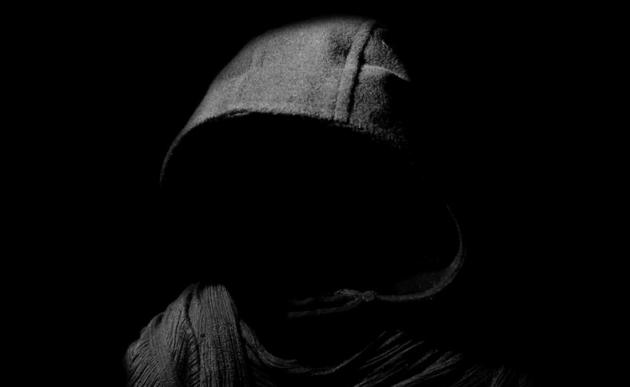The Reason Why Humans Are Terrified Of The Dark
Nov 02, 2013 00:07
No matter how old you get, it's still pretty unsettling when you start hearing random sounds in the night. And according to science, we may never grow out of it.

Consider it as an evolutionary advantage. Back in humanity's early days, our ancestors learned that many predators prefer the cover of darkness to hunt.
One recent study conducted at the University of Toronto states that anxiety plays a specific role in our behavioral responses to any unknown stimuli by increasing our ability to cope with stress:
As a result of this conditioning, many ancient threats like darkness, uncontrolled fire, spiders, snakes, predators, still instigate a negative response today, particularly among small children. The fear of the dark is just another extension of the fear of not knowing what could happen next. As long as you don't ever forget it, you'll be more likely to live another day.
[Huffington Post]

Consider it as an evolutionary advantage. Back in humanity's early days, our ancestors learned that many predators prefer the cover of darkness to hunt.
One recent study conducted at the University of Toronto states that anxiety plays a specific role in our behavioral responses to any unknown stimuli by increasing our ability to cope with stress:
Each emotion can be thought of as a computer program designed to accomplish some specific fitness task particularly well (Nesse 1990). If the current task is courtship, romantic love is helpful. If one is being betrayed, anger is useful. If a tiger is attacking, then fearful flight and avoidance are best. If people are disapproving, then social anxiety may be appropriate. Different emotions, however, must be orchestrated, just as endocrine function must be coordinated in an endocrine orchestra. Emotional responses must fit changing adaptive challenges, with each emotion fitting a particular kind of situation.
For cavemen, those who best recognized and responded to these cues increased their chances of survival and reproduction. In other words, anxiety increases your awareness of situations that may damage your reproductive resources. As a result of this conditioning, many ancient threats like darkness, uncontrolled fire, spiders, snakes, predators, still instigate a negative response today, particularly among small children. The fear of the dark is just another extension of the fear of not knowing what could happen next. As long as you don't ever forget it, you'll be more likely to live another day.
[Huffington Post]







































































